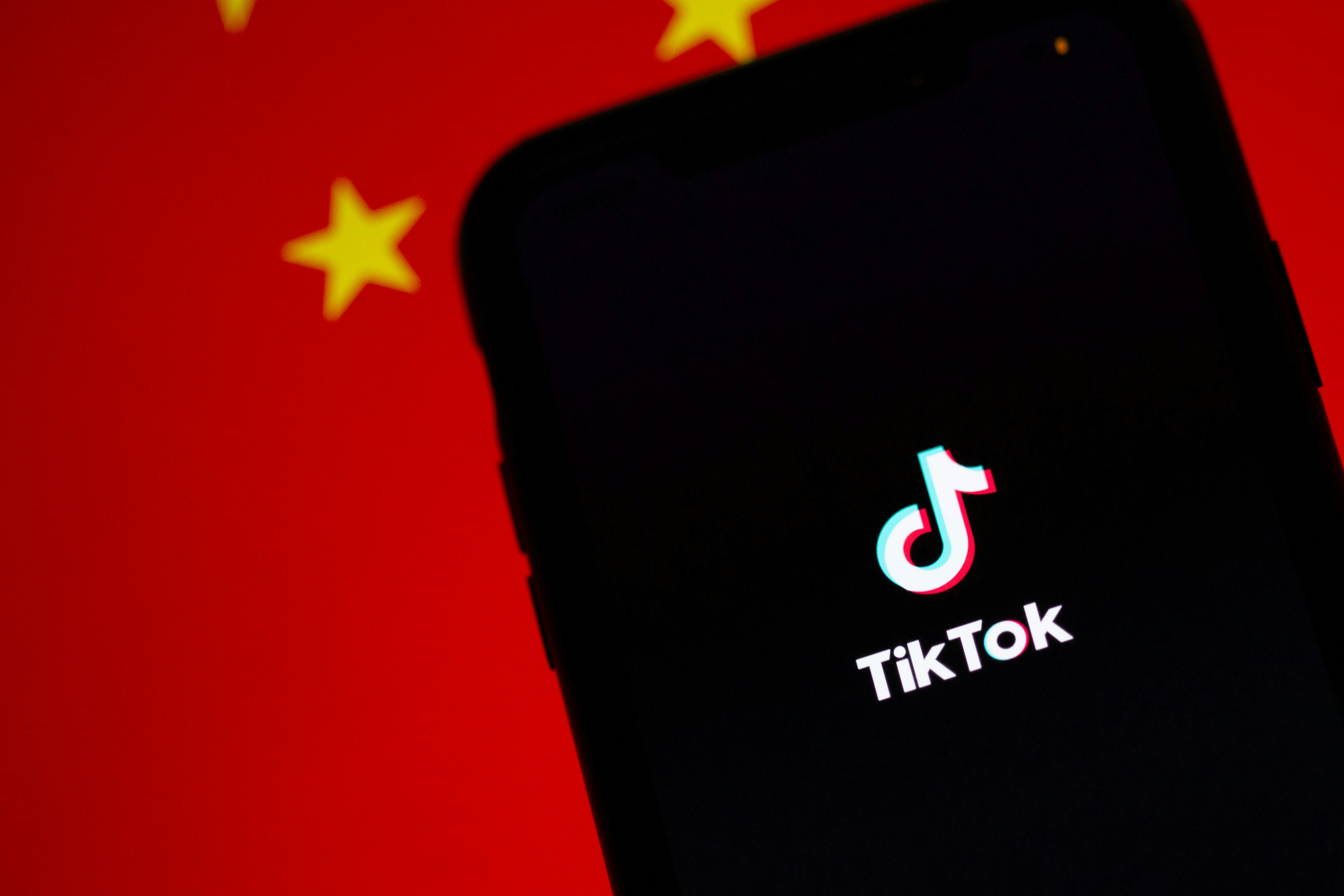TikTok's Influence On Taiwan's Youth: A Subtle Shift Toward China?

TikTok’s meteoric rise as a social media platform has transformed how young people worldwide consume content, and Taiwan is no exception. Among Taiwanese youth, TikTok has become a daily fixture, offering everything from viral dance trends to political commentary. However, a growing number of researchers are raising concerns that the app may be subtly promoting pro-China content, potentially influencing Taiwan’s younger generation to adopt a more favorable attitude toward the People’s Republic of China. This has sparked questions about the app’s role in shaping political perceptions in one of the world’s most geopolitically sensitive regions.
TikTok’s Popularity in Taiwan
TikTok’s user base in Taiwan has seen rapid growth, particularly among people aged 16 to 24. According to recent surveys, the platform ranks among the top social media apps for this demographic, alongside Instagram and YouTube. Its appeal lies in its highly engaging short-form videos and personalized algorithm that caters to user interests. From comedy skits to cultural showcases, TikTok content resonates with Taiwan’s vibrant youth culture, making it a central hub for self-expression and entertainment.
Compared to other platforms, TikTok’s format encourages virality, allowing creators to reach massive audiences quickly. This dynamic has made it a key player in Taiwan’s digital landscape, influencing trends, fashion, and even political discussions.
Concerns About Pro-China Content
Despite its popularity, TikTok has come under scrutiny for allegedly promoting pro-China narratives. Studies and reports indicate that certain content on TikTok appears to align with Beijing’s messaging, subtly embedding themes of cultural unity and shared heritage. For instance, videos showcasing Chinese cultural traditions or historical landmarks are often highlighted, presenting a positive and cohesive image of China.
Researchers suggest this may not be entirely coincidental. TikTok’s parent company, ByteDance, is headquartered in Beijing and subject to China’s strict internet regulations. Critics argue that the app’s algorithm could be designed to amplify content that aligns with China’s soft power goals while suppressing videos critical of the People’s Republic. While definitive evidence is limited, these concerns have fueled debates about TikTok’s role in shaping perceptions among Taiwan’s youth.
The Role of TikTok as a Tool for Soft Power
Soft power, defined as the ability to influence others through attraction and persuasion rather than coercion, plays a significant role in international relations. In the context of Taiwan and China, TikTok may serve as a subtle instrument of soft power.
Through cultural and entertainment content, TikTok can foster a sense of connection between Taiwan and China, emphasizing shared traditions and values. For example, videos celebrating Chinese festivals, cuisine, or historical achievements might resonate with young viewers in Taiwan, subtly reinforcing a sense of cultural alignment. Similar strategies have been observed in other regions, where social media platforms have been leveraged to promote national interests.
Perspectives from Taiwan’s Youth
The impact of TikTok’s content on Taiwan’s youth remains a topic of debate. Interviews and surveys reveal a mix of perspectives:
For some users, TikTok is purely entertainment. Many young people view the platform as a space for fun and creativity, dismissing concerns about political bias as overblown.
Others recognize the potential for influence. A segment of the youth population expresses concern about the subtle messaging embedded in TikTok’s content. Some note that exposure to pro-China narratives could affect attitudes over time, particularly among less politically aware users.
Meanwhile, counter-narratives have emerged on the platform, with Taiwanese creators using TikTok to promote local culture and assert Taiwan’s distinct identity. These efforts highlight the platform’s dual role as both a medium for influence and a space for resistance.
Broader Implications for Taiwan-China Relations
The potential influence of TikTok on Taiwan’s youth has significant implications for cross-strait relations. If attitudes among the younger generation were to shift toward a more favorable view of China, this could impact public opinion on critical issues such as sovereignty and unification. Such changes might also shape Taiwan’s political landscape, influencing electoral outcomes and policy decisions in the long term.
To counteract potential biases, experts emphasize the importance of media literacy and education. By equipping young people with the tools to critically evaluate digital content, Taiwan can help ensure that its youth remain informed and independent thinkers in the face of external influence.
Conclusion
TikTok’s immense popularity among Taiwan’s youth underscores its power as a platform for entertainment and cultural exchange. However, concerns about its potential to subtly promote pro-China narratives cannot be ignored. While the extent of TikTok’s influence on political attitudes remains uncertain, its role as a tool for soft power highlights the need for vigilance and awareness.
As Taiwan navigates its complex relationship with China, understanding and addressing the impact of platforms like TikTok will be critical. By fostering critical engagement and supporting diverse voices, Taiwan can ensure that its digital spaces remain vibrant, independent, and reflective of its unique identity.
Author: Brett Hurll
From Chip War To Cloud War: The Next Frontier In Global Tech Competition
The global chip war, characterized by intense competition among nations and corporations for supremacy in semiconductor ... Read more
The High Stakes Of Tech Regulation: Security Risks And Market Dynamics
The influence of tech giants in the global economy continues to grow, raising crucial questions about how to balance sec... Read more
The Tyranny Of Instagram Interiors: Why It's Time To Break Free From Algorithm-Driven Aesthetics
Instagram has become a dominant force in shaping interior design trends, offering a seemingly endless stream of inspirat... Read more
The Data Crunch In AI: Strategies For Sustainability
Exploring solutions to the imminent exhaustion of internet data for AI training.As the artificial intelligence (AI) indu... Read more
Google Abandons Four-Year Effort To Remove Cookies From Chrome Browser
After four years of dedicated effort, Google has decided to abandon its plan to remove third-party cookies from its Chro... Read more
LinkedIn Embraces AI And Gamification To Drive User Engagement And Revenue
In an effort to tackle slowing revenue growth and enhance user engagement, LinkedIn is turning to artificial intelligenc... Read more

